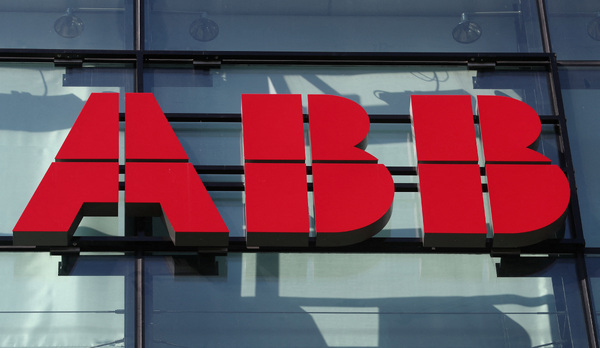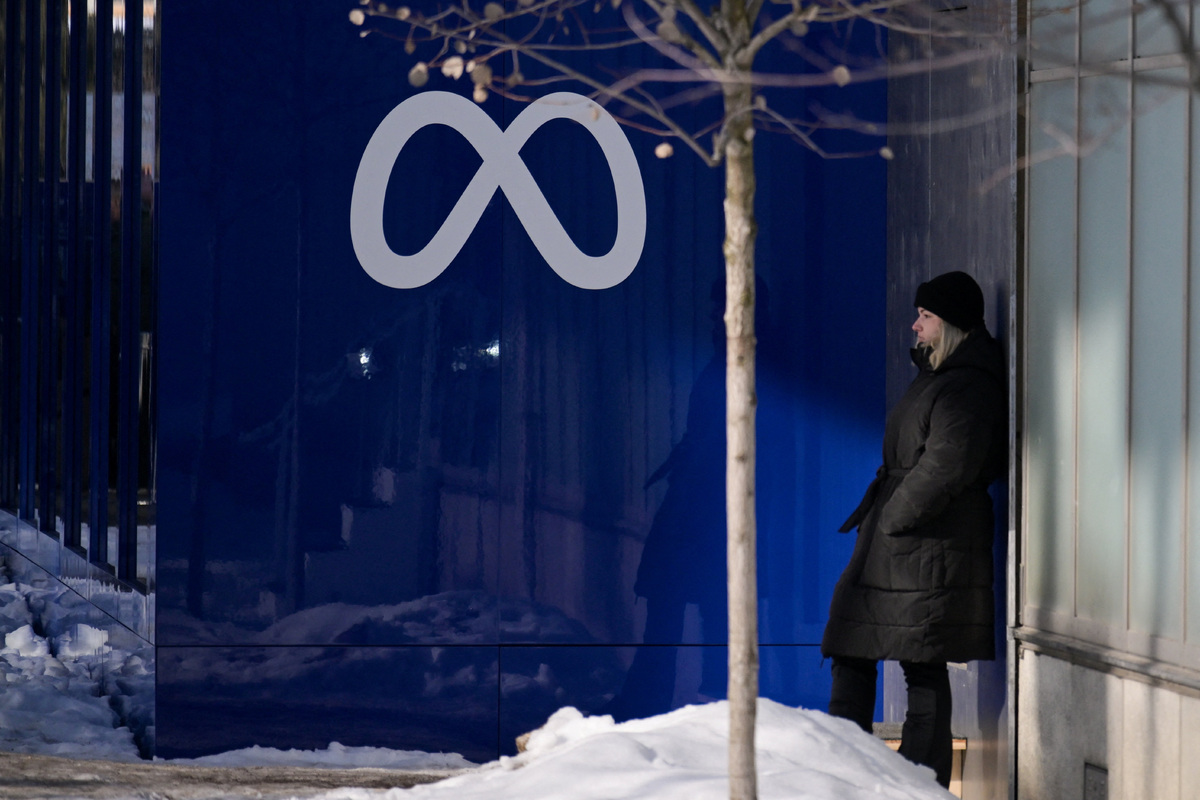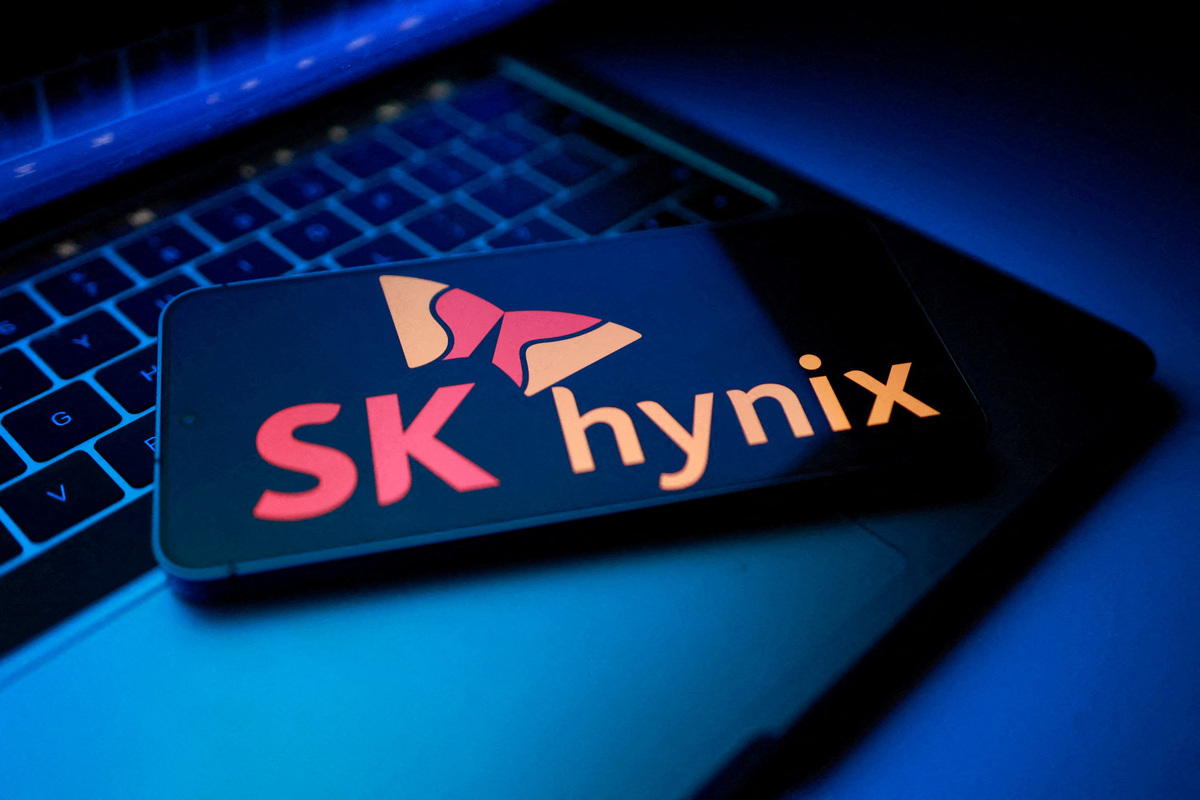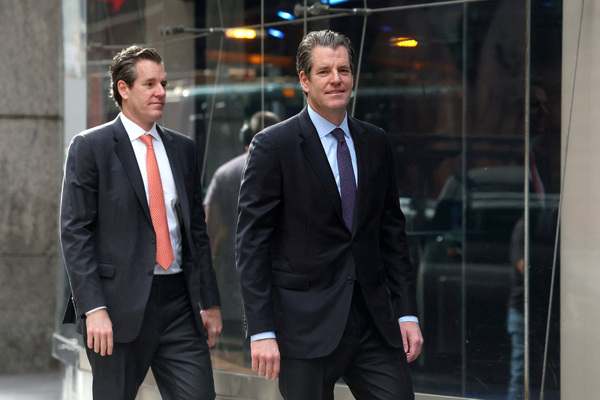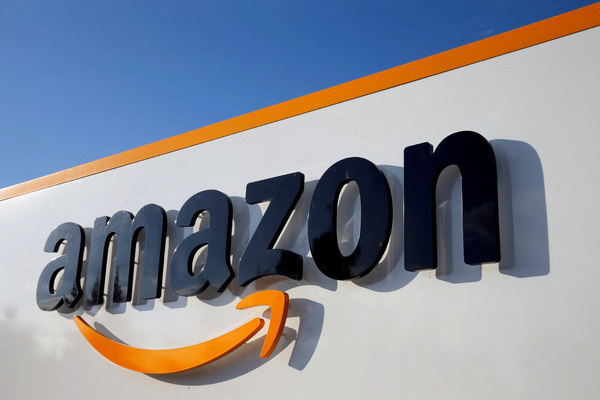The metaverse: the new digital economy?

The importance of building the metaverse in an open and decentralised manner.
Imagine a virtual world in which you spend most of your working hours. A world in which you go to work, do your shopping, watch movies, play games, learn, travel, date and live out all the shared experiences you would typically have in a physical world. A persistent, immersive, comprehensive space in which everything and everyone is present.
The metaverse, in one form or another, has long been a staple of science fiction. Neal Stephenson’s 1992 novel Snow Crash gets the credit for the name, and its most well-known definition, although related concepts had been around ever since the 80s in a wide variety of media, ranging from novels to videogames. The technology required was too futuristic back then but, with accelerating development in the relevant fields, a path towards the metaverse finally seems to be forming. The choices we make over the next decade may impact the future of society and technology in ways that are at least comparable to the advent of the internet or smartphones.
Metaverse predictions
It is hard to predict, at this point, how we will interface with this world and whether it will truly present as one instance or a collection thereof. What is clear is that realising this idea is not possible in a world of silos and walled gardens. Metcalfe’s law, which states that the value of a network is proportional to the square of its user count, is critical in this context – there is little point in living in a void.
The challenges underlying the metaverse are immense. Human-computer interaction technology is far from ready, with the metaverse potentially being accessible on existing devices but benefiting from improved and more seamless virtual reality and augmented reality experiences, and potentially brain-computer interaction. The storage, networking and computational requirements may be orders of magnitude above anything today. Security will be critical, as will privacy and intellectual property.
For several of these challenges, the Web 3.0 movement may hold the solution. As philosophical as it is technical, its members have been creating tools for building an open, decentralised and democratic internet for the last decade. Can these tools be used to create a more participatory economy, empowering users to go from mere consumers to purveyors of services and goods in a truly globalised world not subject to country borders and geographical disadvantages?
Is a digital economy in sight?
Blockchain networks, whose defining characteristics are the lack of a central authority, may provide a neutral ledger underlying payment and financial services denominated in a panoply of virtual currencies. Smart contracts may mediate transactions and encode appropriate incentive mechanisms. Non-fungible tokens (NFTs), whose market slumped after a Q2 peak in crypto-art transactions, may find their killer application as the metaverse property registry. Tools for decentralised file storage, computation and self-sovereign identity management are already available and undergoing constant improvement.
In parallel, several groups are working on related standards. The adoption of open standards is essential in ensuring that developers can plug their applications into the metaverse, that virtual asset formats can be universally interpreted, and that users can choose which access interface they use.
A fully realised metaverse won’t just be a part of the digital economy – it will be its own worldwide and quasi-independent economy, whose implications may end up reweaving the fabric of society. We must strive to make the metaverse a force for global equality and inclusivity – in doing so, we will also be working towards a better reality.
by Jorge Soares, IEEE Senior Member and research programme manager, Protocol Labs
Most Viewed
Winston House, 3rd Floor, Units 306-309, 2-4 Dollis Park, London, N3 1HF
23-29 Hendon Lane, London, N3 1RT
020 8349 4363
© 2025, Lyonsdown Limited. Business Reporter® is a registered trademark of Lyonsdown Ltd. VAT registration number: 830519543
